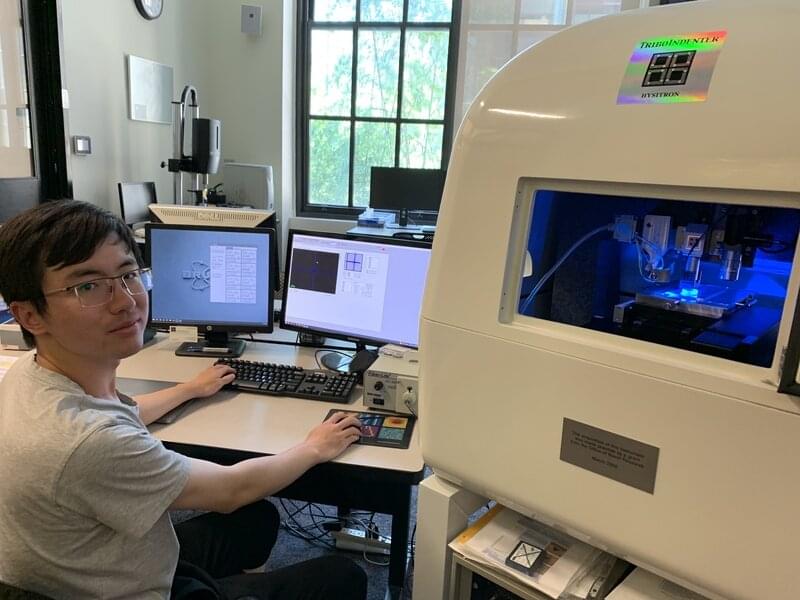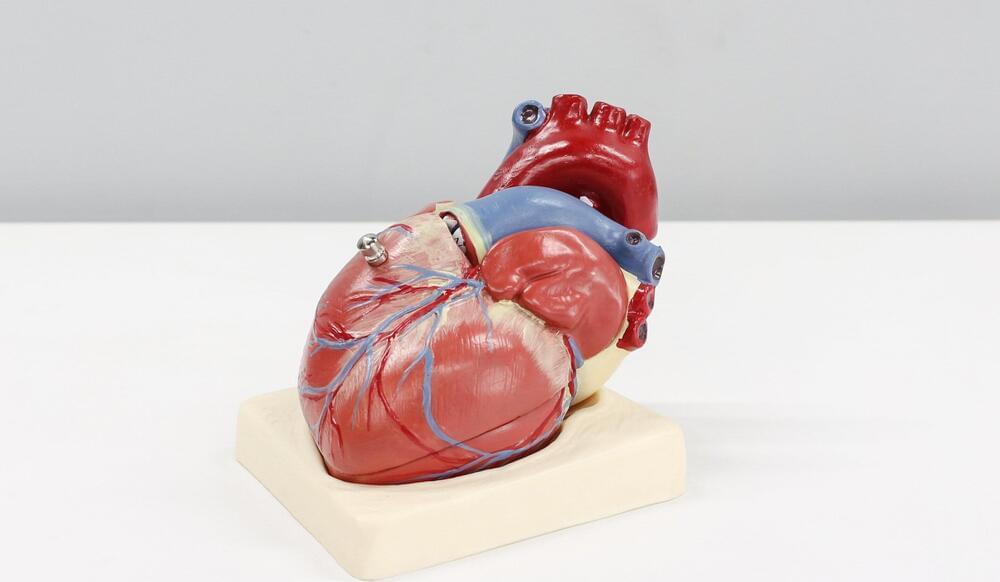In recent decades, the scientific study of consciousness has significantly increased our understanding of this elusive phenomenon. Yet, despite critical development in our understanding of the functional side of consciousness, we still lack a fundamental theory regarding its phenomenal aspect. There is an “explanatory gap” between our scientific knowledge of functional consciousness and its “subjective,” phenomenal aspects, referred to as the “hard problem” of consciousness. The phenomenal aspect of consciousness is the first-person answer to “what it’s like” question, and it has thus far proved recalcitrant to direct scientific investigation. Naturalistic dualists argue that it is composed of a primitive, private, non-reductive element of reality that is independent from the functional and physical aspects of consciousness. Illusionists, on the other hand, argue that it is merely a cognitive illusion, and that all that exists are ultimately physical, non-phenomenal properties. We contend that both the dualist and illusionist positions are flawed because they tacitly assume consciousness to be an absolute property that doesn’t depend on the observer. We develop a conceptual and a mathematical argument for a relativistic theory of consciousness in which a system either has or doesn’t have phenomenal consciousness with respect to some observer. Phenomenal consciousness is neither private nor delusional, just relativistic. In the frame of reference of the cognitive system, it will be observable (first-person perspective) and in other frame of reference it will not (third-person perspective). These two cognitive frames of reference are both correct, just as in the case of an observer that claims to be at rest while another will claim that the observer has constant velocity. Given that consciousness is a relativistic phenomenon, neither observer position can be privileged, as they both describe the same underlying reality. Based on relativistic phenomena in physics we developed a mathematical formalization for consciousness which bridges the explanatory gap and dissolves the hard problem. Given that the first-person cognitive frame of reference also offers legitimate observations on consciousness, we conclude by arguing that philosophers can usefully contribute to the science of consciousness by collaborating with neuroscientists to explore the neural basis of phenomenal structures.
As one of the most complex structures we know of nature, the brain poses a great challenge to us in understanding how higher functions like perception, cognition, and the self arise from it. One of its most baffling abilities is its capacity for conscious experience (van Gulick, 2014). Thomas Nagel (1974) suggests a now widely accepted definition of consciousness: a being is conscious just if there is “something that it is like” to be that creature, i.e., some subjective way the world seems or appears from the creature’s point of view. For example, if bats are conscious, that means there is something it is like for a bat to experience its world through its echolocational senses. On the other hand, under deep sleep (with no dreams) humans are unconscious because there is nothing it is like for humans to experience their world in that state.
In the last several decades, consciousness has transformed from an elusive metaphysical problem into an empirical research topic. Nevertheless, it remains a puzzling and thorny issue for science. At the heart of the problem lies the question of the brute phenomena that we experience from a first-person perspective—e.g., what it is like to feel redness, happiness, or a thought. These qualitative states, or qualia, compose much of the phenomenal side of consciousness. These qualia are arranged into spatial and temporal patterns and formal structures in phenomenal experience, called eidetic or transcendental structures. For example, while qualia pick out how a specific note sounds, eidetic structures refer to the temporal form of the whole melody. Hence, our inventory of the elusive properties of phenomenal consciousness includes both qualia and eidetic structures.









